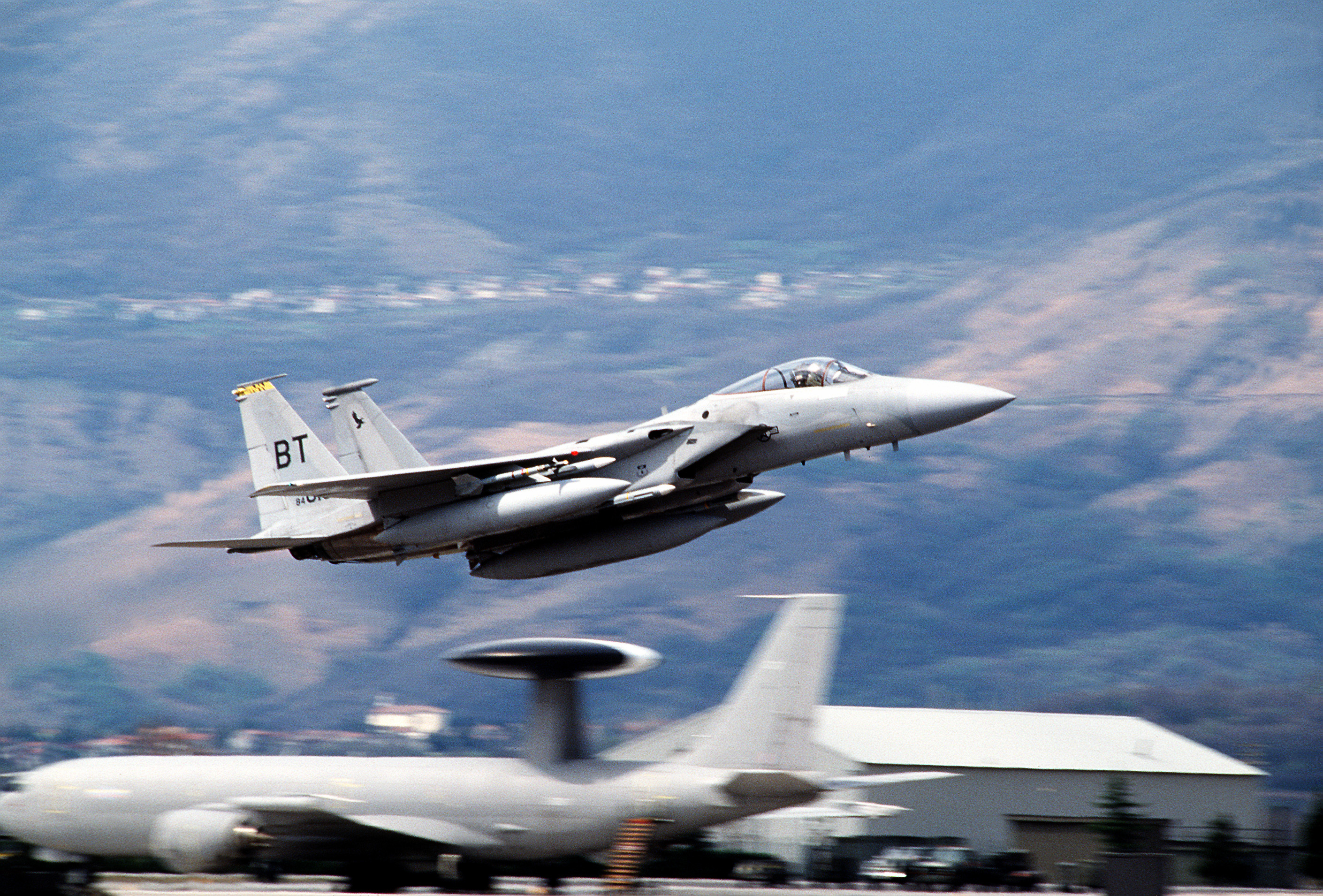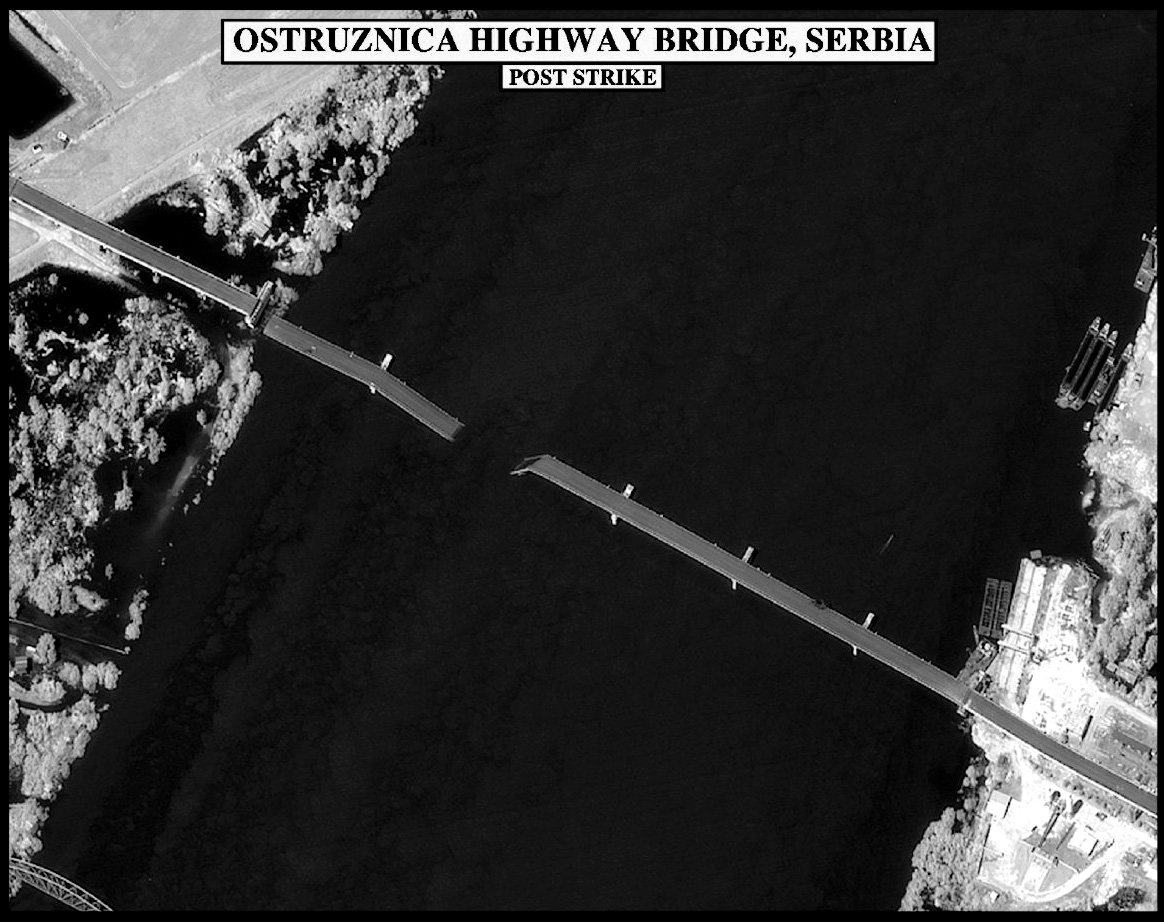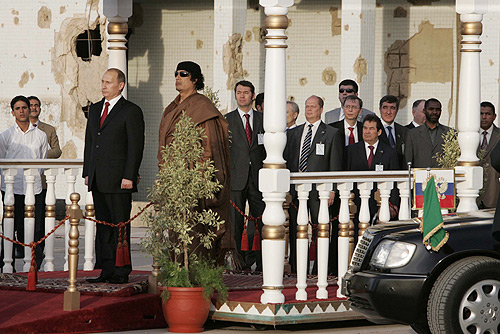|
List Of NATO Bombings
{{short description, none NATO bombings include: 20th century * 1994 NATO bombing intervention in Bosnia and Herzegovina, part of Operation Deny Flight * 1995 NATO bombing intervention in Bosnia and Herzegovina, Operation Deliberate Force * 1999 NATO bombing of Yugoslavia as part of the Kosovo War ** 1999 NATO bombing of Albanian refugees near Gjakova 21st century * 2007 Helmand Province airstrikes ** 2010 NATO bombing of Tarok Kolache * 2011 military intervention in Libya On 19 March 2011, a NATO-led coalition began a military intervention into the ongoing Libyan civil war (2011), Libyan Civil War to implement United Nations Security Council Resolution 1973 (UNSCR 1973). The UN Security Council passed the reso ... ** Bab al-Azizia#2011 bombings, rebel capture, and demolition NATO Lists of wars ... [...More Info...] [...Related Items...] OR: [Wikipedia] [Google] [Baidu] |
Operation Deny Flight
Operation Deny Flight was a North Atlantic Treaty Organization (NATO) operation that began on 12 April 1993 as the enforcement of a United Nations (UN) no-fly zone over Bosnia and Herzegovina. The United Nations and NATO later expanded the mission of the operation to include providing close air support for UN troops in Bosnia and carrying out coercive air strikes against targets in Bosnia. Twelve NATO members contributed forces to the operation and, by its end on 20 December 1995, NATO pilots had flown 100,420 sorties. The operation played an important role in shaping both the Bosnian War and NATO. The operation included the first combat engagement in NATO's history, a 28 February 1994 air battle over Banja Luka, and in April 1994, NATO aircraft first bombed ground targets in an operation near Goražde. Cooperation between the UN and NATO during the operation also helped pave the way for future joint operations. Although it helped establish UN–NATO relations, Deny Flig ... [...More Info...] [...Related Items...] OR: [Wikipedia] [Google] [Baidu] |
Operation Deliberate Force
Operation Deliberate Force was a sustained air campaign conducted by NATO, in concert with the UNPROFOR ground operations, to undermine the military capability of the Army of Republika Srpska (VRS), which had threatened and attacked UN-designated "safe areas" in Bosnia and Herzegovina during the Bosnian War with the Srebrenica genocide and Markale massacres, precipitating the intervention. The shelling of the Sarajevo marketplace on 28 August 1995 by the VRS is considered to be the immediate instigating factor behind NATO's decision to launch the operation. The operation was carried out between 30 August and 20 September 1995, involving 400 aircraft and 5,000 personnel from 15 nations. Commanded by Admiral Leighton W. Smith Jr., the campaign struck 338 Bosnian Serb targets, many of which were destroyed. Overall, 1,026 bombs were dropped during the operation, 708 of which were precision-guided. On 19 occasions, depleted uranium munitions were used against targets around ... [...More Info...] [...Related Items...] OR: [Wikipedia] [Google] [Baidu] |
NATO Bombing Of Yugoslavia
The North Atlantic Treaty Organization (NATO) carried out an aerial bombing campaign against the Serbia and Montenegro, Federal Republic of Yugoslavia during the Kosovo War. The air strikes lasted from 24 March 1999 to 10 June 1999. The bombings continued until an agreement was reached that led to the withdrawal of the Armed Forces of Serbia and Montenegro, Yugoslav Army from Kosovo, and the establishment of the United Nations Interim Administration Mission in Kosovo, a UN peacekeeping mission in Kosovo. The official NATO operation code name was Operation Allied Force ( / ''Saveznička sila'') whereas the United States called it Operation Noble Anvil ( / ''Plemeniti nakovanj''); in Yugoslavia, the operation was incorrectly called Merciful Angel ( / ''Milosrdni anđeo''), possibly as a result of a misunderstanding or mistranslation.Radio Television of Serbia, RTS"Порекло имена 'Милосрдни анђео'" ("On the origin of the name 'Merciful Angel'"), 26 March 200 ... [...More Info...] [...Related Items...] OR: [Wikipedia] [Google] [Baidu] |
Kosovo War
The Kosovo War (; sr-Cyrl-Latn, Косовски рат, Kosovski rat) was an armed conflict in Kosovo that lasted from 28 February 1998 until 11 June 1999. It was fought between the forces of the Federal Republic of Yugoslavia (FRY), which controlled Kosovo before the war, and the Kosovo Albanian separatist militia known as the Kosovo Liberation Army (KLA). The conflict ended when the North Atlantic Treaty Organization (NATO) intervened by beginning air strikes in March 1999 which resulted in Yugoslav forces withdrawing from Kosovo. The KLA was formed in the early 1990s to fight against the discrimination of ethnic Albanians and the repression of political dissent by the Serbian authorities, which started after the suppression of Kosovo's autonomy and other discriminatory policies against Albanians by Serbian leader Slobodan Milošević in 1989. The KLA initiated its first campaign in 1995 ... [...More Info...] [...Related Items...] OR: [Wikipedia] [Google] [Baidu] |
NATO Bombing Of Albanian Refugees Near Gjakova
The NATO bombing of Albanian refugees near Gjakova occurred on 14 April 1999 during the NATO bombing of Yugoslavia, when NATO planes bombed refugees on a twelve-mile stretch of road between the towns of Gjakova and Deçan in western Kosovo. 73 Kosovo Albanian civilians were killed. Among the victims were 16 children. NATO response NATO and the United States initially claimed that the target was exclusively a military convoy and that Yugoslav forces may have been responsible for any attacks on civilians, stating "after the convoy was hit, military people got out and attacked civilians." However, two days later, NATO acknowledged that its aircraft had bombed civilian vehicles, claiming this to be by mistake. Reporters from the American media went to the scene that same day and interviewed survivors and saw damaged farm tractors, burned bodies identified as refugees, bomb craters and shrapnel. Initially, NATO said its aircraft had targeted military vehicles, then reported that an A ... [...More Info...] [...Related Items...] OR: [Wikipedia] [Google] [Baidu] |
Tarok Kolache
Tarok Kolache was a small settlement in Kandahar province, Afghanistan. On October 6, 2010, Lieutenant Colonel David Flynn, commander of the Combined Joint Task Force A task force (TF) is a unit or formation established to work on a single defined task or activity. Originally introduced by the United States Navy, the term has now caught on for general usage and is a standard part of NATO terminology. Many ... 1-320th gave the order to drop of rockets and aerial bombs on the village which resulted in leveling the village completely. Col. Flynn stated that Tarok Kolache was one of three southern Afghanistan villages that the Taliban were using as bomb-making factories. See also * Deh Bala wedding party bombing * Bến Tre * Khosrow Sofla * Lower Babur * Kandahar Province References External links * Images''The village before and after the bombing* ttps://web.archive.org/web/20110119151747/http://my.firedoglake.com/joshmull/ War Crimes in Afghanistan? Time To Inve ... [...More Info...] [...Related Items...] OR: [Wikipedia] [Google] [Baidu] |
2011 Military Intervention In Libya
On 19 March 2011, a NATO-led coalition began a military intervention into the ongoing Libyan civil war (2011), Libyan Civil War to implement United Nations Security Council Resolution 1973 (UNSCR 1973). The UN Security Council passed the resolution with ten votes in favour and five abstentions, with the stated intent to have "an immediate ceasefire in Libya, including an end to the current attacks against civilians, which it said might constitute 'crimes against humanity' ... [imposing] a ban on all flights in the country's airspace — a no-fly zone — and tightened sanctions on the Muammar Gaddafi regime and its supporters." The initial coalition members of Belgium, Canada, Denmark, France, Italy, Norway, Qatar, Spain, UK and US expanded to nineteen states, with later members mostly enforcing the no-fly zone and naval blockade or providing military logistical assistance. The effort was initially led by France and the United Kingdom, with command shared with the United State ... [...More Info...] [...Related Items...] OR: [Wikipedia] [Google] [Baidu] |
Bab Al-Azizia
Bab al-Azizia (, , ) was a military barracks and compound situated in the southern suburbs of Tripoli, the capital of Libya. It served as the main base for the Libyan leader Muammar Gaddafi until its capture by anti-Gaddafi forces on 23 August 2011, during the Battle of Tripoli in the Libyan Civil War. The base is strategically located south of Tripoli city center at the northern end of Airport Highway, allowing easy access to government assets within the city as well as direct high-speed road access to Tripoli International Airport. After the Libyan Civil War, the compound was partially demolished. Some parts of it remain today, albeit in disrepair. The plan, however, is to eventually demolish the entire compound and turn it into a park to be “enjoyed by people of Tripoli and guests”. Structure Originally an Italian army base before and during World War II, the barracks were occupied by British forces in 1948. The compound was rebuilt by King Idris, the previous ru ... [...More Info...] [...Related Items...] OR: [Wikipedia] [Google] [Baidu] |
NATO
The North Atlantic Treaty Organization (NATO ; , OTAN), also called the North Atlantic Alliance, is an intergovernmental organization, intergovernmental Transnationalism, transnational military alliance of 32 Member states of NATO, member states—30 European and 2 North American. Established in the aftermath of World War II, the organization implements the North Atlantic Treaty, signed in Washington, D.C., on 4 April 1949. NATO is a collective security system: its independent member states agree to defend each other against attacks by third parties. During the Cold War, NATO operated as a check on the threat posed by the Soviet Union. The alliance remained in place after the dissolution of the Soviet Union and the Warsaw Pact, and has been involved in military operations in the Balkans, the Middle East, South Asia, and Africa. The organization's motto is . The organization's strategic concepts include Deterrence theory, deterrence. NATO headquarters, NATO's main headquarter ... [...More Info...] [...Related Items...] OR: [Wikipedia] [Google] [Baidu] |




